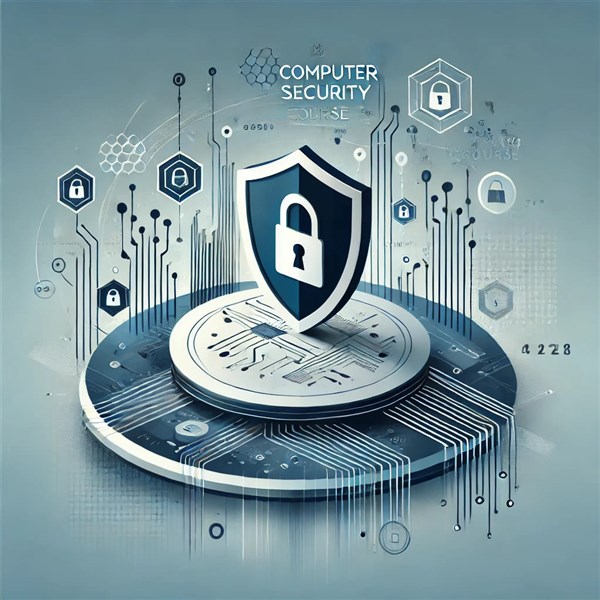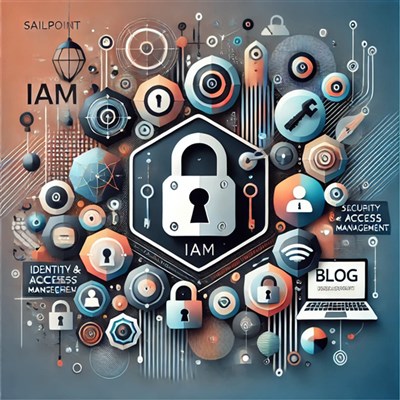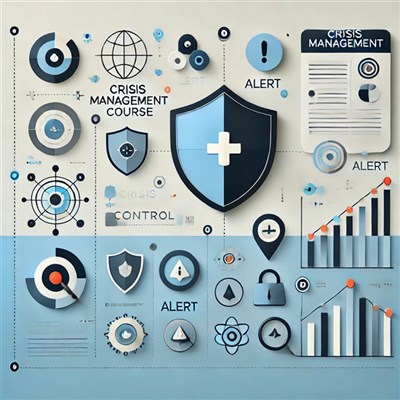
In today’s digital landscape, the need for robust cybersecurity measures has never been more critical. As cyber threats continue to evolve, organizations are seeking skilled professionals who can protect sensitive data and ensure the integrity of their systems. Enrolling in a computer security course can provide you with the knowledge and skills necessary to meet these demands. This blog explores the top skills you’ll acquire in a computer security course, preparing you for a rewarding career in cybersecurity.
Skills You’ll Acquire in a Computer Security Course
1. Understanding of Cybersecurity Fundamentals
One of the first and foremost skills you’ll acquire in a computer security course is a solid understanding of cybersecurity fundamentals. This includes key concepts such as:
- Confidentiality, Integrity, and Availability (CIA Triad): These principles form the foundation of information security. Understanding how to maintain the confidentiality of data, ensure its integrity, and guarantee availability to authorized users is crucial for any security professional.
- Risk Management: You will learn how to identify, assess, and prioritize risks to an organization’s information assets. This skill is essential for developing effective security policies and implementing appropriate safeguards.
- Security Policies and Standards: Understanding the various frameworks, guidelines, and regulations that govern cybersecurity practices is vital for compliance and effective security management.
2. Networking and Infrastructure Security
Computer security courses typically cover the essentials of networking and infrastructure security. You’ll gain skills related to:
- Network Security Protocols: You will learn about various protocols such as TCP/IP, SSL/TLS, and IPsec that help secure network communications. Understanding these protocols is crucial for protecting data in transit.
- Firewalls and Intrusion Detection Systems (IDS): You will learn how to configure and manage firewalls and IDS/IPS (Intrusion Prevention Systems) to monitor and protect network traffic from malicious activities.
- Virtual Private Networks (VPNs): Understanding how to implement and manage VPNs for secure remote access is an important skill that many organizations require.
3. Vulnerability Assessment and Penetration Testing
A critical component of computer security is the ability to identify vulnerabilities in systems and applications. In a computer security course, you’ll learn:
- Vulnerability Scanning: You’ll gain proficiency in using tools to scan systems for known vulnerabilities. This skill is essential for proactive security management.
- Penetration Testing: You’ll be introduced to ethical hacking techniques, allowing you to simulate attacks on systems to identify weaknesses. This practical skill helps organizations understand their security posture and areas that need improvement.
- Reporting and Remediation: Learning how to document findings from vulnerability assessments and penetration tests, and provide actionable recommendations for remediation is key for effective communication with stakeholders.
4. Secure Software Development Practices
With the increasing number of software applications, understanding secure coding practices is crucial for cybersecurity professionals. In a computer security course, you’ll learn:
- Common Software Vulnerabilities: You’ll study vulnerabilities such as SQL injection, cross-site scripting (XSS), and buffer overflow attacks, which are prevalent in web applications.
- Secure Coding Techniques: You will learn best practices for writing secure code and how to incorporate security into the software development lifecycle (SDLC). This skill is essential for preventing security flaws in applications.
- Code Review and Static Analysis: You’ll gain skills in reviewing code for security vulnerabilities and using static analysis tools to identify potential issues before deployment.
5. Incident Response and Management
An effective incident response plan is critical for mitigating the impact of security breaches. In a computer security course, you’ll acquire skills in:
- Incident Response Planning: You’ll learn how to develop and implement an incident response plan, outlining steps to take when a security incident occurs.
- Forensic Analysis: Understanding how to conduct forensic analysis of compromised systems is crucial for identifying the cause of incidents and preventing future occurrences.
- Disaster Recovery and Business Continuity: You’ll gain insights into developing disaster recovery plans and business continuity strategies to ensure organizational resilience in the face of cyber threats.
6. Cybersecurity Tools and Technologies
A significant portion of a computer security course involves hands-on training with various tools and technologies used in the field. You’ll learn:
- Security Information and Event Management (SIEM): Understanding how to configure and utilize SIEM tools to collect, analyze, and respond to security events in real-time is essential for effective security monitoring.
- Endpoint Protection: You will learn about endpoint security solutions, including antivirus software, anti-malware tools, and endpoint detection and response (EDR) technologies.
- Encryption Technologies: Understanding encryption methods and how to implement them to protect data at rest and in transit is a crucial skill for any cybersecurity professional.
7. Compliance and Regulatory Requirements
Cybersecurity professionals must navigate various regulations and compliance requirements. In a computer security course, you’ll learn about:
- Regulatory Frameworks: Familiarity with frameworks such as GDPR, HIPAA, PCI DSS, and ISO 27001 will be covered, equipping you to ensure organizational compliance with relevant regulations.
- Audit and Compliance Assessment: You will learn how to conduct security audits and assessments to evaluate compliance with policies and regulations, ensuring that organizations meet required standards.
8. Soft Skills and Communication
While technical skills are vital in cybersecurity, soft skills play a crucial role in your effectiveness as a professional. In a computer security course, you’ll develop:
- Communication Skills: You’ll learn how to communicate complex security concepts to non-technical stakeholders, ensuring that everyone understands the importance of security measures.
- Team Collaboration: Cybersecurity is often a team effort, and you’ll develop skills for working effectively within a team, sharing information, and collaborating on security initiatives.
- Problem-Solving and Critical Thinking: You’ll enhance your ability to analyze complex problems, think critically, and develop creative solutions to security challenges.
Conclusion
A computer security course equips you with a comprehensive skill set that is essential for a successful career in cybersecurity. From understanding fundamental concepts to mastering technical skills and developing soft skills, the knowledge gained in these courses prepares you to tackle the evolving landscape of cyber threats. Whether you’re looking to start a new career or advance in your current role, investing in a computer security course can be a transformative step toward achieving your professional goals.
Whether you're a seasoned IT professional or just starting in the industry, a computer security course can significantly enhance your skillset and career prospects. Koenig Solutions, a leading IT training company, provides certifications in top technology courses, including computer security training courses. Equip yourself with the knowledge and skills to protect against the ever-evolving landscape of cyber threats.







COMMENT